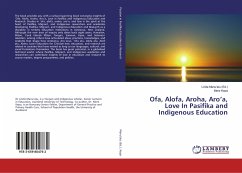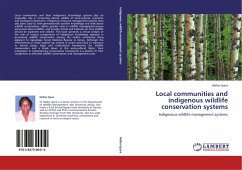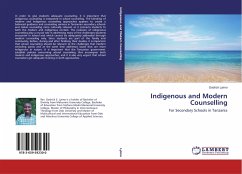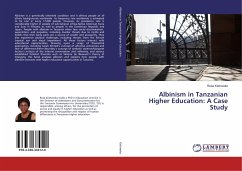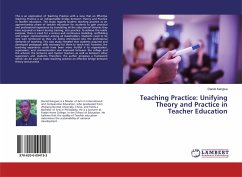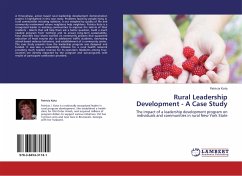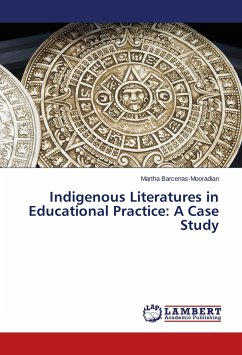
Indigenous Literatures in Educational Practice: A Case Study
Versandkostenfrei!
Versandfertig in 6-10 Tagen
28,99 €
inkl. MwSt.

PAYBACK Punkte
14 °P sammeln!
This book is an auto-ethnographic case study of the role of indigenous literatures in the educational experience of Hispanic day laborers in Southern California. It addresses how indigenous literatures can be used as a pedagogic tool to motivate marginalized workers to increase their literacy while they develop a stronger sense of their social identity and human potential. The study illustrates qualitatively the correlation between the motivation to learn and the exploration and development of a robust social identity. Náhuatl and Quiché literatures are analyzed for their educational relevan...
This book is an auto-ethnographic case study of the role of indigenous literatures in the educational experience of Hispanic day laborers in Southern California. It addresses how indigenous literatures can be used as a pedagogic tool to motivate marginalized workers to increase their literacy while they develop a stronger sense of their social identity and human potential. The study illustrates qualitatively the correlation between the motivation to learn and the exploration and development of a robust social identity. Náhuatl and Quiché literatures are analyzed for their educational relevance and to promote narrative discourses among participating students. Theories of adult education and critical pedagogy are used to assess the educational value of indigenous literature within a context of decolonizing methodology. Recommendations are crafted to help educators and policy makers address the problem of the loss of indigenous knowledge and cultural identity among different sectorsof the Mexican population living in the United States. This loss is critical to cultural identity and leaves a gap in the historical consciousness of immigrants and to a decline in self-esteem.



